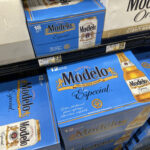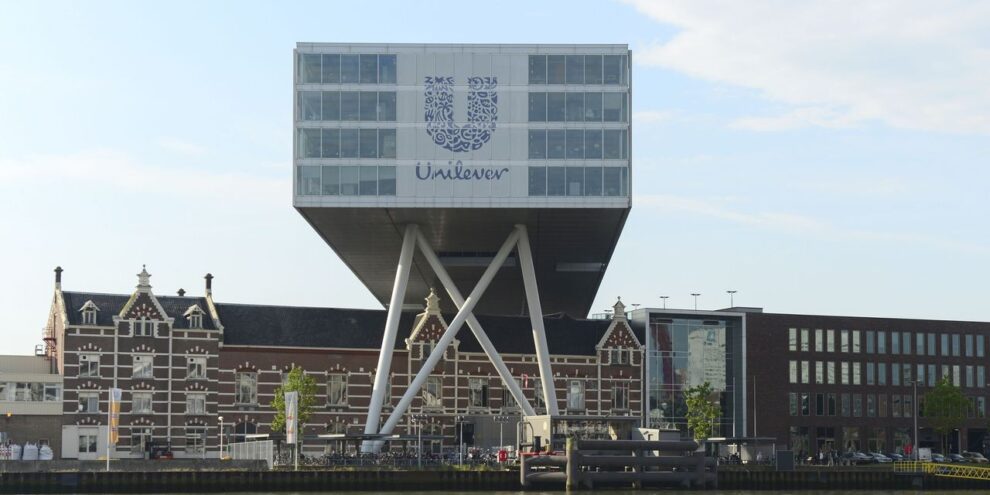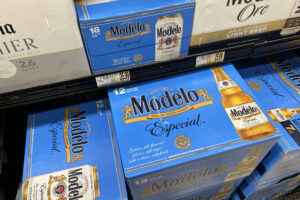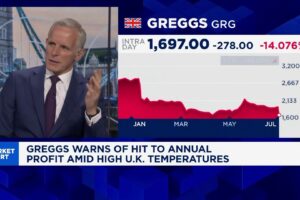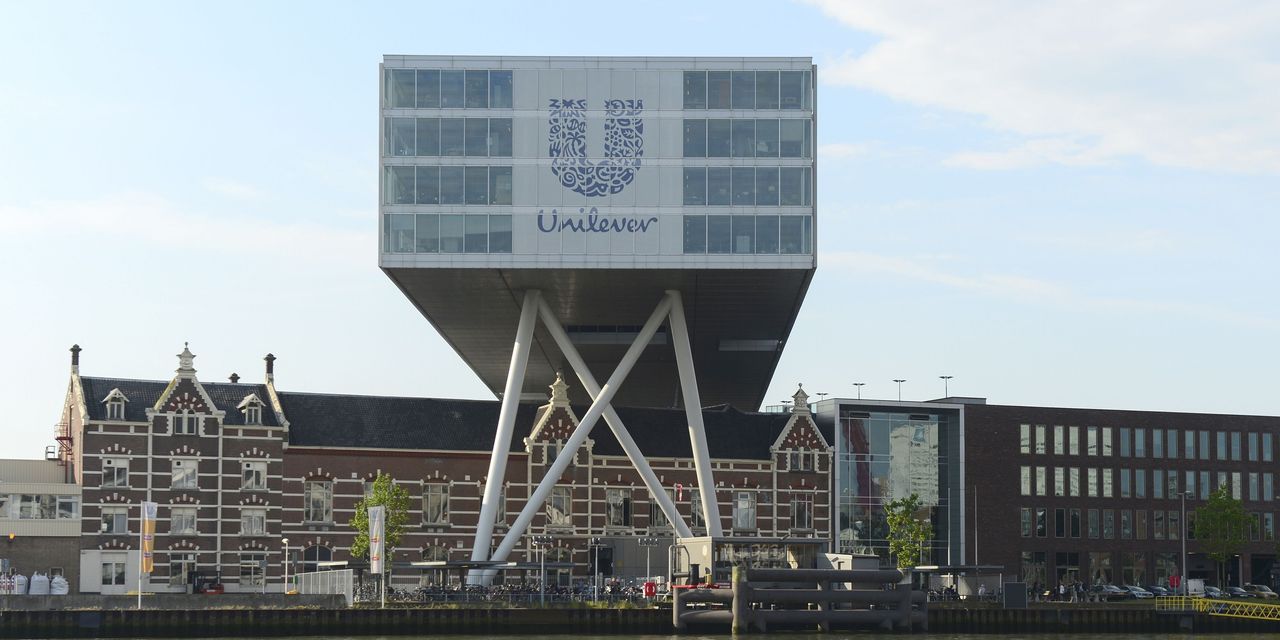
“‘We might be, at the moment, around peak inflation, but probably not peak prices.’”
That was the head of the Dutch-based global consumer-goods giant Unilever, Alan Jope, commenting on the state of inflation in the world right now, in an interview with CNBC at the World Economic Forum in Davos, Switzerland, on Tuesday.
Jope said that Unilever has felt compelled to push through price increases but that consumers have appeared “very resilient” for now.
See: Get all the latest news, analysis and video updates from the World Economic Forum in Davos
“For the last 18 months we’ve seen extraordinary input-cost pressure. … It runs across petrochemical-derived products, agricultural-derived products, energy, transport, logistics,” said Jope. “It’s been feeding through for quite some time now, and we’ve been accelerating the rate of price increases that we’ve had to put into the market.”
The company, whose brands include Dove, Knorr, Hellman’s and Ben & Jerry’s, raised prices by 12.5% in the third quarter — reportedly its largest hike ever — though with little hit to sales volumes. The group lifted its 2022 revenue forecast at the same time.
“We do see the prospect of higher volume elasticity as winter energy costs hit, as households’ savings levels come down and that buffer goes away and as prices continue to rise,” continued Jope.
He said the company knows “for sure there’s more inflationary pressure coming through in our input costs,” but the rate of price increases have likely peaked, for now.
See: Wholesale prices dropped at year-end in another sign of cooling inflation
MarketWatch Live: Stocks moving modestly higher as U.S. wholesale inflation rate and retail sales register dips
Investors will get their next update from Unilever when it reports its fourth-quarter results on Feb. 1.
At the time of third-quarter earnings, inflation in the eurozone and the U.S. was running at about 10% and 8%, respectively. In December, the EU rate slowed to 9.2%, while the annual rise in U.S. consumer prices fell to 6.5%, after a sixth straight month of declines.
Some forecasts remain gloomy. The International Monetary Fund has predicted that a third of the world economy will be in a recession this year. Within that outlook, the IMF sees a downturn for half of the European Union, which has been hardest hit by Russia’s invasion of Ukraine of nearly a year ago and the ensuing pressure on global commodity prices.
Thanks to easing natural-gas prices of late, though, Wall Street banks such as Goldman Sachs have pulled back on expectations for an EU recession, though Germany and Italy may still face difficulties due to their energy-intensive economies.
Another big market for Unilever — China — on Tuesday reported that economic growth in 2022 fell to its second-lowest level in at least four decades, owing to pressure from stringent antivirus controls and a protracted real-estate slump.
Economists are hoping China will see improvement this year as the country further unwinds its COVID-19 restrictions.


